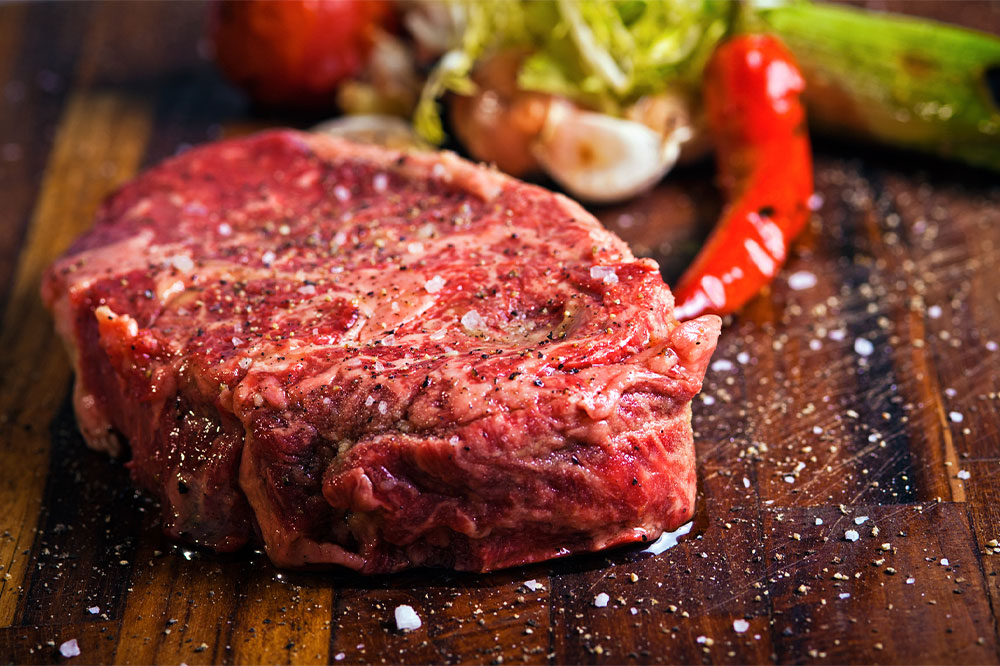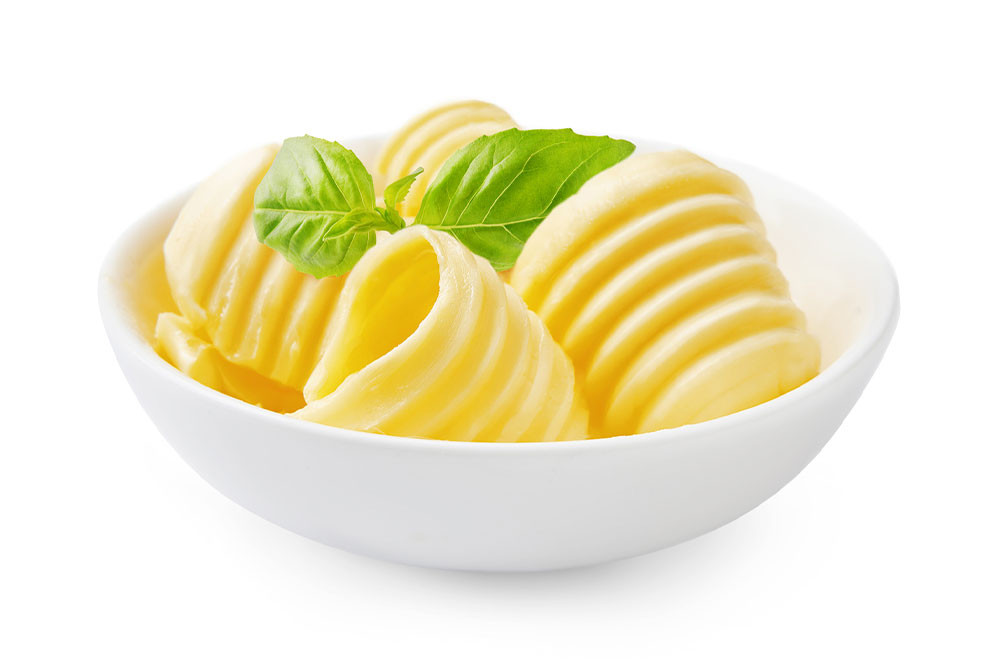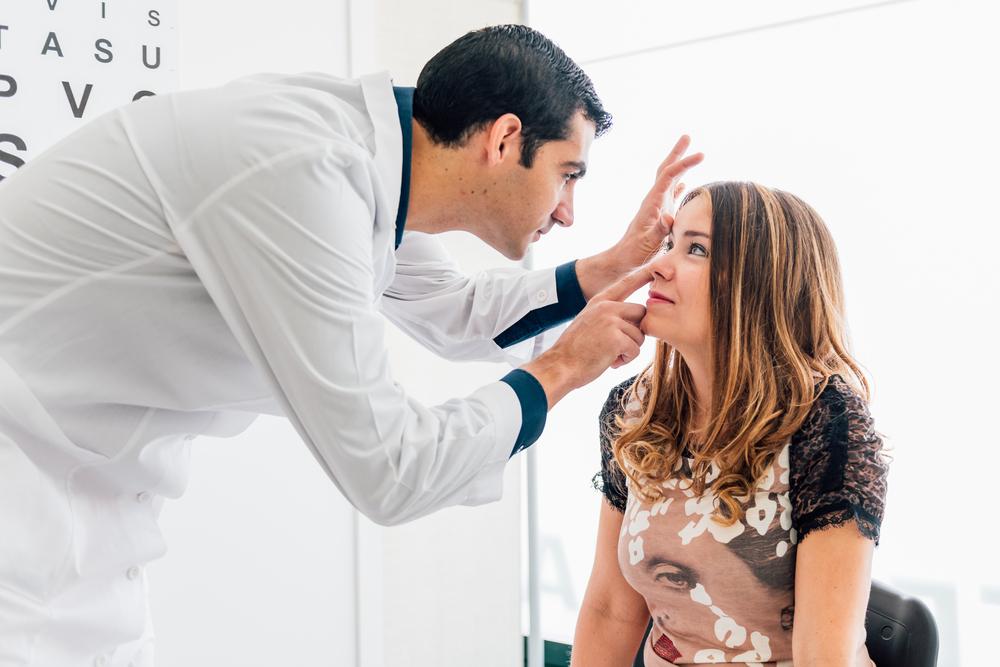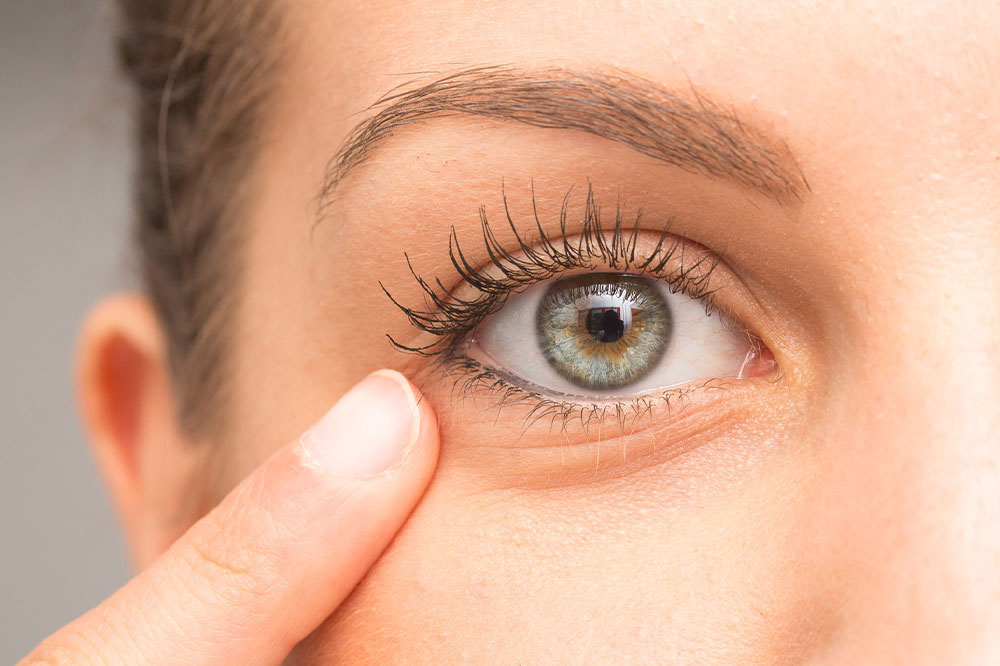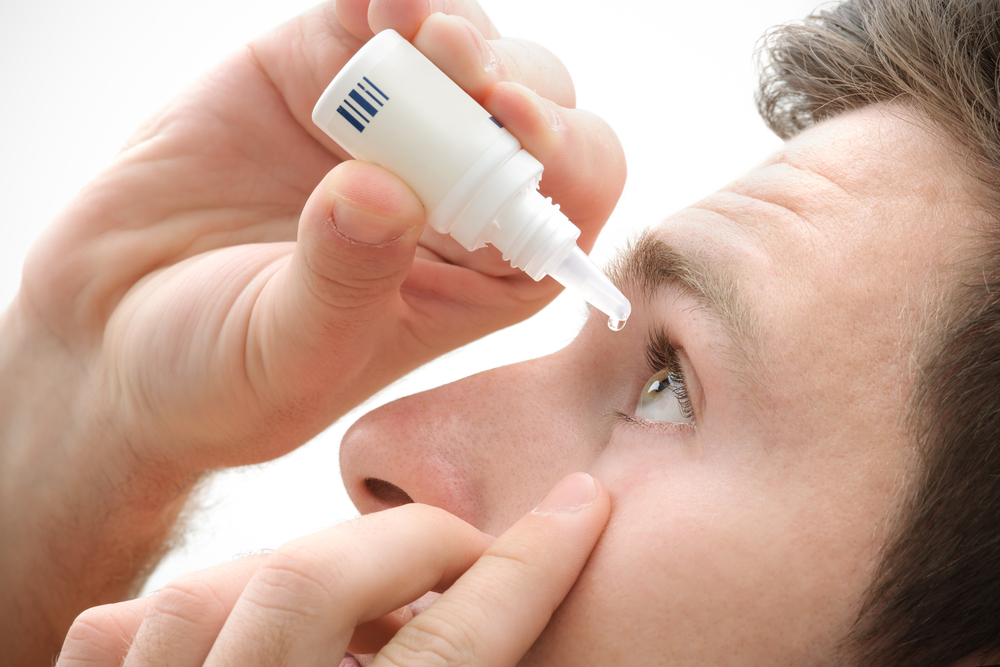Essential Foods to Limit for Optimal Eye Health and Vision Preservation
Maintaining healthy eyesight requires mindful dietary choices and protective measures. This article highlights the top five foods to limit, including margarine, red meat, seafood, caffeine, and sugary drinks, to support long-term eye health. Proper nutrition, sunglasses, and advanced treatments like LASIK can help preserve vision and prevent eye diseases. Learn effective strategies to safeguard your eyes and enjoy clearer vision for years to come.

Key Foods to Minimize for Maintaining Clear and Healthy Eyes
Our dietary choices have a profound impact on overall health, particularly on eye health. Eyes are highly vascularized organs that depend on a steady supply of nutrients and oxygen delivered through blood vessels. Consuming nutritious, balanced foods supports healthy blood circulation and prevents the development of eye-related issues. Conversely, a diet rich in unhealthy foods can lead to clogged retinal vessels and reduced oxygen flow, ultimately impairing sight and increasing the risk of eye diseases. Understanding which foods to avoid is crucial for anyone seeking to preserve vision and keep their eyes healthy over the years. This comprehensive guide highlights the top five foods that are detrimental to eye health and should be consumed in moderation or avoided altogether.
Margarine
Margarine is often promoted as a healthier alternative to butter because of its vegetarian origin and supposedly lower saturated fat content. However, many commercial margarine products contain trans fats—artificial fats created during hydrogenation of oils. Trans fats are notorious for elevating bad cholesterol (LDL) levels, increasing the risk of cardiovascular disease. Since the health of your eyes is closely linked to your cardiovascular health, consuming trans fats can indirectly harm your vision. Elevated cholesterol can lead to blockages in the small blood vessels of the retina, impairing nutrient and oxygen flow and potentially leading to vision problems such as age-related macular degeneration (AMD) or other vascular eye diseases.
Red Meat
While red meat is a rich source of high-quality protein, iron, and essential nutrients, it often comes with high levels of salt, saturated fats, and preservatives. Excessive consumption of red meats has been linked to increased blood pressure and atherosclerosis, both of which pose risks to eye health. Elevated blood pressure can cause hypertensive retinopathy and fluid leaks in the eye's layers, leading to conditions such as choroidopathy, which can impair vision. Moderation is key—opting for leaner cuts and integrating more plant-based proteins can help protect your eyes while still providing vital nutrients.
Seafood
Oily fish like salmon, mackerel, and sardines are excellent sources of omega-3 fatty acids, which are beneficial for maintaining healthy retinal tissue and preventing dry eye syndrome. However, seafood can contain trace amounts of mercury accumulated through environmental pollution. Chronic exposure to mercury has been associated with neurotoxicity and adverse effects on delicate eye tissues, possibly contributing to vision problems over time. Consuming seafood in moderation and choosing mercury-tested catches can help maximize benefits while minimizing risks.
Caffeine
Commonly found in coffee, tea, and energy drinks, caffeine acts as a stimulant that boosts alertness. Nonetheless, excessive caffeine intake has been linked to increased intraocular pressure (IOP), which is a key risk factor for glaucoma—a group of eye conditions that can lead to irreversible blindness if untreated. For individuals with a history of glaucoma or ocular hypertension, monitoring caffeine consumption is recommended. Moderate intake and alternative beverages such as herbal teas can help safeguard eye health without sacrificing alertness and energy.
Sugary Drinks
Beverages like sodas, energy drinks, lemonades, and sweetened teas often contain alarmingly high sugar content—sometimes up to ten teaspoons per serving. Diets high in sugar are well-known contributors to insulin resistance, diabetes, and cardiovascular diseases. These metabolic disorders have a direct impact on eye health, increasing the risk of diabetic retinopathy, age-related macular degeneration, and other degenerative eye conditions. Reducing sugar intake and choosing healthier options like water, herbal infusions, or fresh fruit juices can significantly improve ocular health over time.
Protective Measures and Treatments for Healthy Eyes
Protecting your eyes from environmental hazards and maintaining overall eye health is essential. Ultraviolet (UV) rays from sunlight can damage the retina, especially the macula, which is responsible for sharp central vision. Wearing high-quality sunglasses from trusted brands such as Ray-Ban or Oakley with UV protection provides an effective barrier against harmful rays. Additionally, various eye treatments and medications can help manage specific conditions. For instance, VUITY eye drops are used to treat presbyopia, a common age-related decline in near vision. LUMIFY eye drops help reduce eye redness and discomfort, enhancing clarity and comfort. Other specialized treatments like CEQUA™ promote tear production to combat dry eyes, while Verkazia® is prescribed for allergic conjunctivitis like VKC. For refractive errors such as nearsightedness or astigmatism, LASIK surgery offers a safe and effective corrective option, reducing dependence on glasses or contact lenses and improving quality of life.
